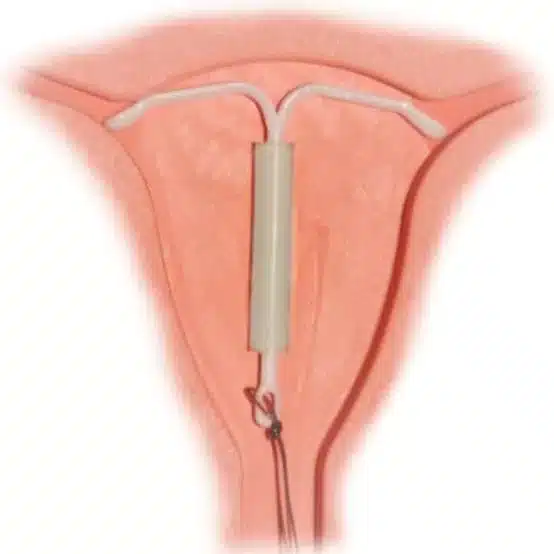Mirena and Insulin Resistance: Separating Fact from Fiction
Mirena, an intrauterine device (IUD) popular for long-term, reversible contraception, has sparked concerns about its potential impact on insulin resistance. While some anecdotal reports and limited research suggest a possible link, the picture is far from clear-cut. Let’s dive deeper into the available evidence and understand what we know so far.
What is Insulin Resistance?
Insulin, a hormone produced by the pancreas, helps your body utilize glucose (sugar) for energy. However, sometimes cells become resistant to its effects, leading to a build-up of glucose in the bloodstream. This condition, known as insulin resistance, is a precursor to type 2 diabetes and can contribute to other health problems.

Mirena and Its Mechanism of Action:
Mirena releases a low, localized dose of the hormone levonorgestrel, primarily targeting the uterus to prevent fertilization. This progesterone-like hormone has minimal systemic effects, reaching very low levels in the bloodstream.
The Evidence on Mirena and Insulin Resistance:
- Limited Studies: Research directly investigating Mirena’s impact on insulin resistance is scarce. Existing studies often involve small sample sizes and mixed methodologies, making it difficult to draw definitive conclusions.
- Conflicting Findings: Some studies suggest a potential association between Mirena use and slightly elevated insulin levels or impaired glucose tolerance, particularly in women with pre-existing risk factors for insulin resistance like obesity or family history. However, other studies haven’t found such a link.
- Individualized Responses: It’s important to remember that individual factors like genetics, lifestyle, and pre-existing health conditions significantly influence insulin sensitivity. Therefore, even if a small population segment experiences changes, it doesn’t imply a universal risk for all Mirena users.
Key Takeaways:
- While some concerns exist, the current evidence is inconclusive regarding a direct causal link between Mirena and insulin resistance in healthy women.
- More robust research with larger, diverse populations and long-term follow-up is needed to establish any definitive connection.
- Open communication with your healthcare provider is crucial. If you have concerns about insulin resistance or pre-existing risk factors, discuss them with your doctor before considering Mirena or any other hormonal birth control method.
Additional Considerations:
- Monitoring Blood Sugar: Women with established diabetes or pre-diabetes should closely monitor their blood sugar levels, regardless of the chosen contraceptive method, and consult their doctor regularly.
- Alternative Options: If insulin resistance is a major concern, discuss alternative birth control options with your doctor, such as non-hormonal methods like copper IUDs.
- Individualized Risk Assessment: Remember, every woman’s body is unique. Discussing your personal health history and risk factors with your doctor is crucial to determine the safest and most suitable birth control option for you.
Disclaimer: This article provides general information only and is not a substitute for professional medical advice. Always consult with your doctor to discuss your individual health concerns and make informed decisions about birth control and overall health management.

